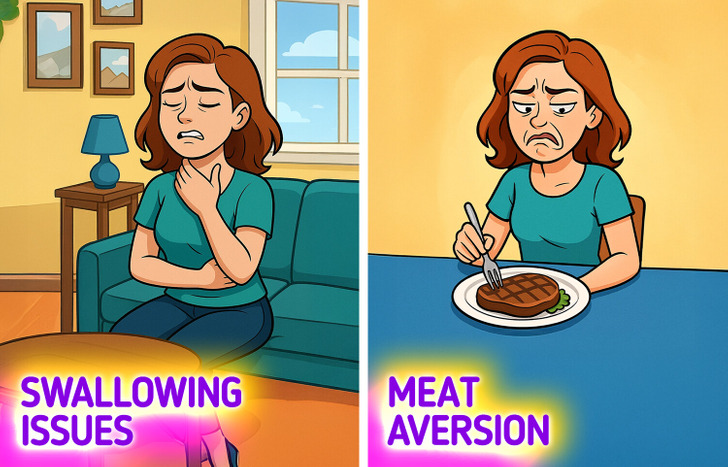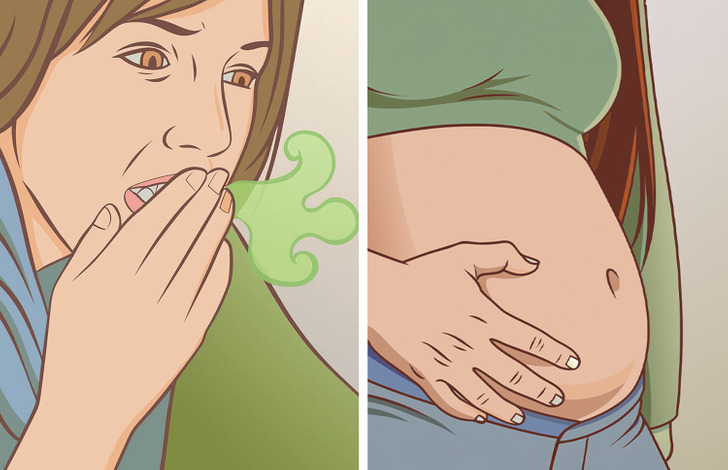13 Eerie Photos That Are Guaranteed to Give You Goosebumps


Stomach cancer is often called a “silent disease” because its early warning signs can easily be mistaken for ordinary digestive issues. Heartburn, bloating, or a little nausea might not set off alarm bells — yet, for some people, these seemingly harmless symptoms are the first clues of something more serious. Knowing the difference could make all the difference when it comes to catching stomach cancer early, while it’s still highly treatable.
CONTENT IS PROVIDED FOR INFORMATIONAL PURPOSES ONLY AND IS NOT INTENDED AS A SUBSTITUTE OF MEDICAL ADVICE.
SEEK GUIDANCE OF YOUR DOCTOR REGARDING YOUR HEALTH AND MEDICAL CONDITIONS.
Recent research shows that doctors are catching stomach cancer earlier, which means it’s often found at a more treatable stage. This is a big win in the battle against a disease that’s been tough to fight.
Interestingly, stomach cancer is rising among younger people, which is surprising since it’s typically been a cancer seen in older adults. A study that looked at data from the National Cancer Institute found that early-stage diagnoses have jumped by 53% from 2004 to 2021.
Meanwhile, the number of cases where the cancer spread to nearby lymph nodes or organs has dropped by 38%, and cases spreading to distant organs decreased by almost 8%.
Dr. Mohamed Tausif Siddiqui, the lead author of the study and a gastroenterologist at the Cleveland Clinic, credits these improvements to better endoscopic imaging and the more widespread use of upper endoscopies, which help doctors catch cancer earlier. In fact, 2021 marked the first year when early-stage stomach cancer was more common than advanced-stage cancer at the time of diagnosis. This is a huge step forward.
Dr. Siddiqui also pointed out that catching stomach cancer early can lead to less invasive treatments and better outcomes. He shared these findings at Digestive Disease Week, a major international medical conference.
Right now, people are only tested for stomach cancer if they have symptoms, a family history, or other risk factors. This is a problem because stomach cancer often develops slowly and doesn’t show clear symptoms in the early stages. By the time symptoms appear, they can be vague and often mistaken for something else, like indigestion or acid reflux.
Dr. Mojun Zhu, a medical oncologist specializing in gastrointestinal cancers, explained that many younger patients dismiss their symptoms as simple indigestion or reflux, so they don’t seek medical care right away.

Here are some early signs of stomach cancer to watch out for:


As the cancer progresses, symptoms can become more noticeable, including:
Dr. Zhu added that people usually seek medical help when symptoms get worse, like losing weight or having trouble eating or swallowing.
Stomach cancer hides behind symptoms that seem ordinary. If these problems don’t go away, don’t ignore them. Early detection could save your life.
Your body also sends other hidden signals. Check out the 8 Silent Everyday Triggers That Could Be Fueling Psoriasis and the 8 Not Obvious Health Effects of Wearing Clothes That Are Too Tight to learn how small things can affect your health in big ways.











